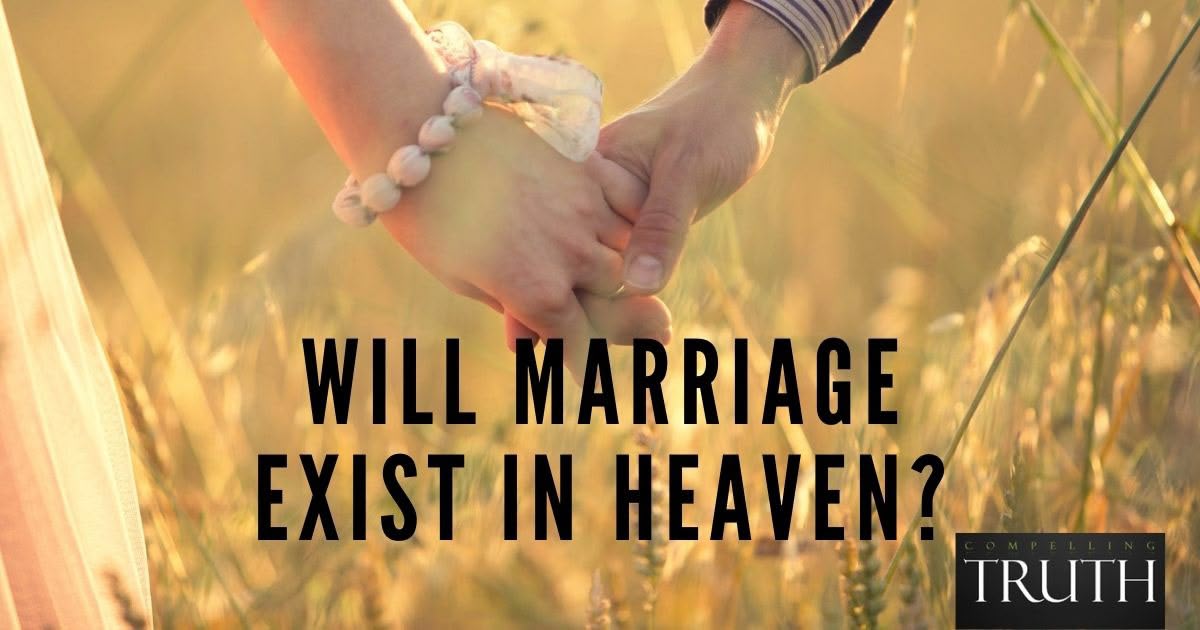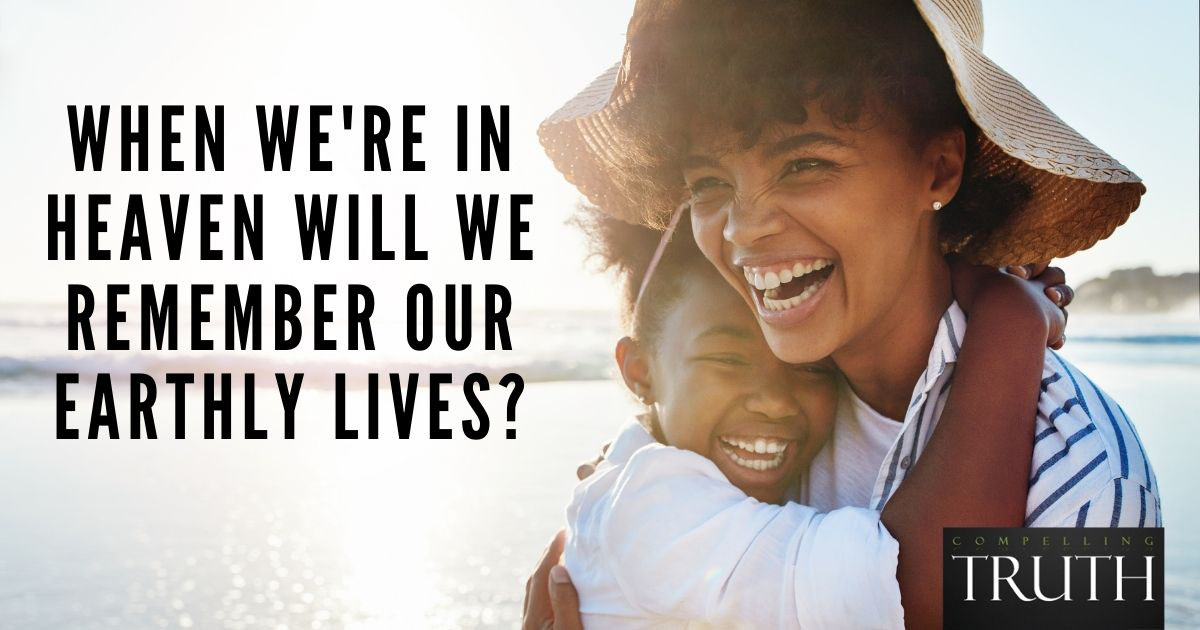The Bible indicates that there will be gender in heaven. In Genesis, God created humanity as male and female and called them good (Genesis 1:26–27). Jesus’s statement in Matthew 22:30 about no marriage in heaven doesn’t address gender, but rather the nature of relationships post-resurrection. The resurrected body of Jesus was identified as male (Luke 24:39), Abraham and Lazarus were identified as men (Luke 16:19–31), Moses and Elijah were recognized as men during the transfiguration (Matthew 17:1–13), and Hebrews 11 describes the believers who died as male and female, indicating that believers will retain their gender. Revelation 21–22 emphasizes the removal of sin in heaven, not gender. This supports that gender is not an accident but a meaningful part of God’s design for eternity.
While many details about our resurrected bodies remain unanswered, Scripture does provide ample support for the view that people in heaven will retain the same gender in the afterlife. Knowing that our gender is part of God’s intentional design helps us appreciate our identity as men and women today. It calls us to live out our gender in a way that honors God. We are to honor God as men and women, embracing our roles and responsibilities with integrity and purpose. Whether it be in relationships, work, or community, we are called to live out God’s kingdom values in every aspect of life as men and women.
We can reflect God by appreciating the beauty of diversity within gender while striving for respect and love in all our relationships—whether in family, church, or society. The permanence of gender in the resurrected state is a source of hope and assurance, reminding us that our gender is not an accident but part of God’s intentional, creative design. This assurance can help us approach our challenges and struggles, especially related to gender, with confidence, knowing that God’s purposes are good and enduring. It encourages us to lean into His grace, trusting that even our struggles with identity, gender roles, or relationships can be redeemed and transformed for His glory and have an eternal purpose.




